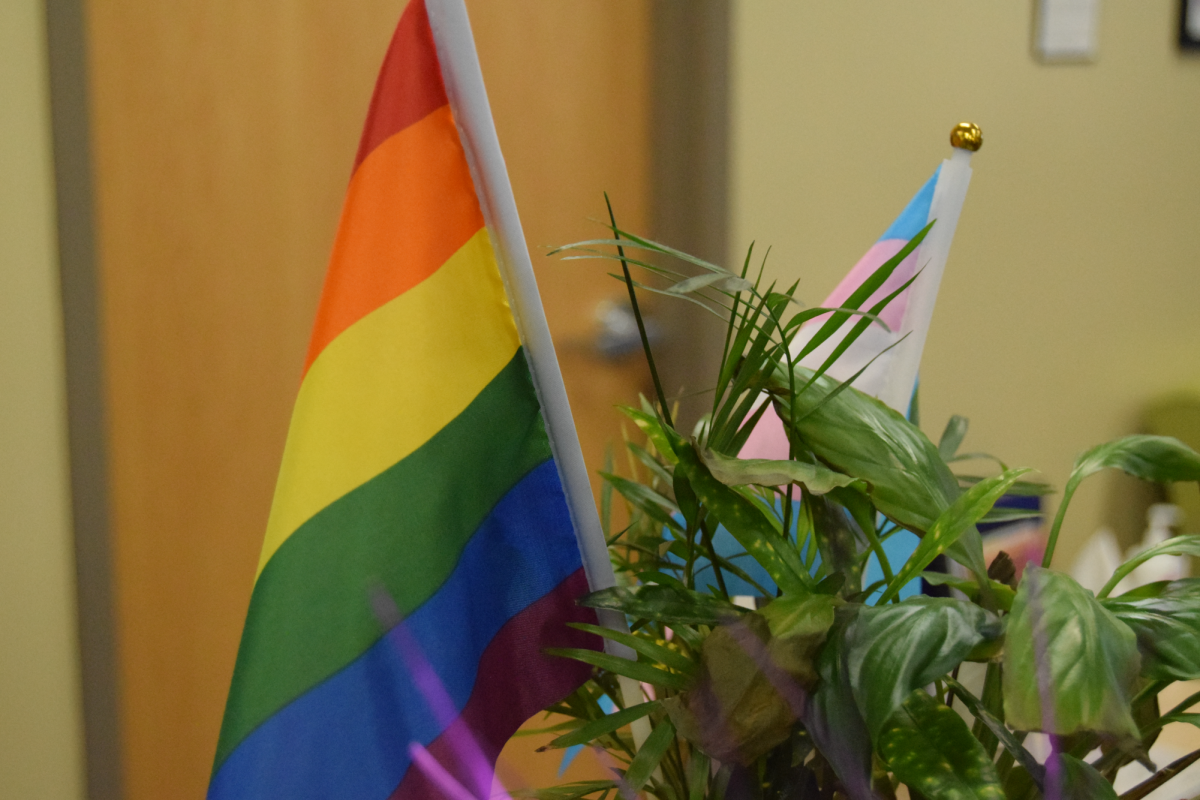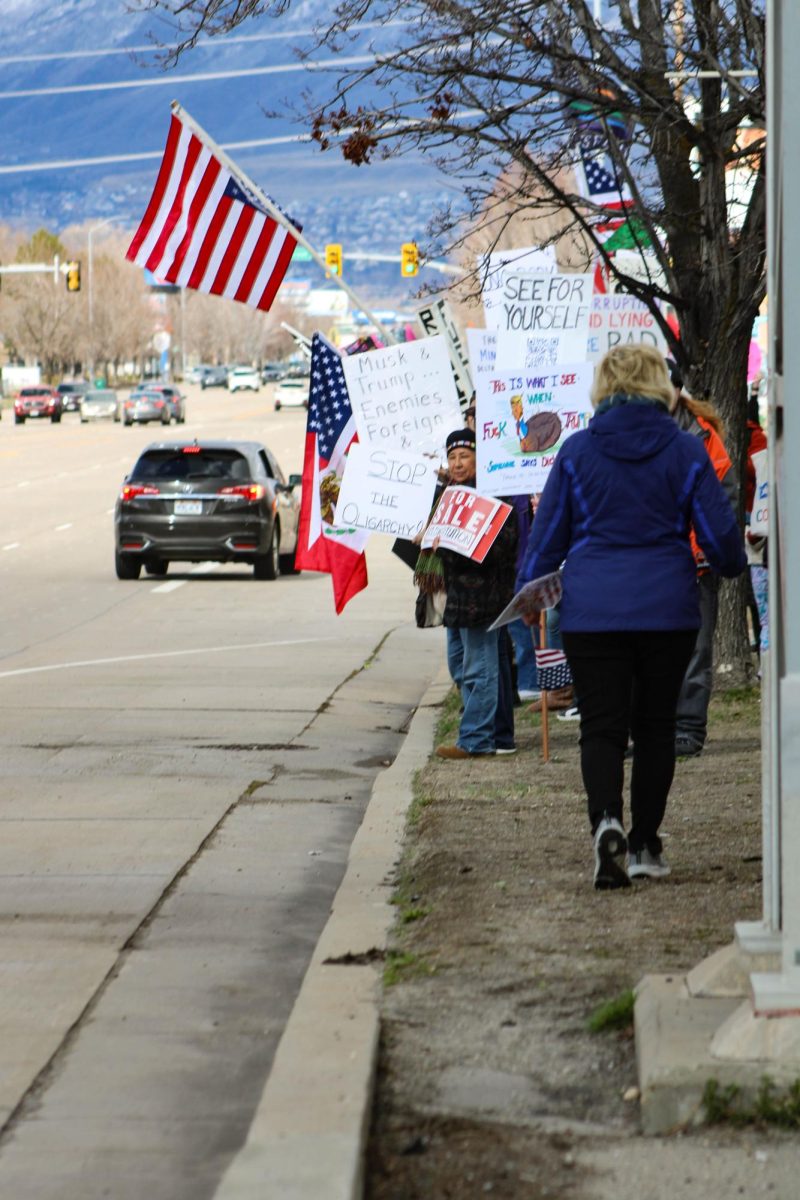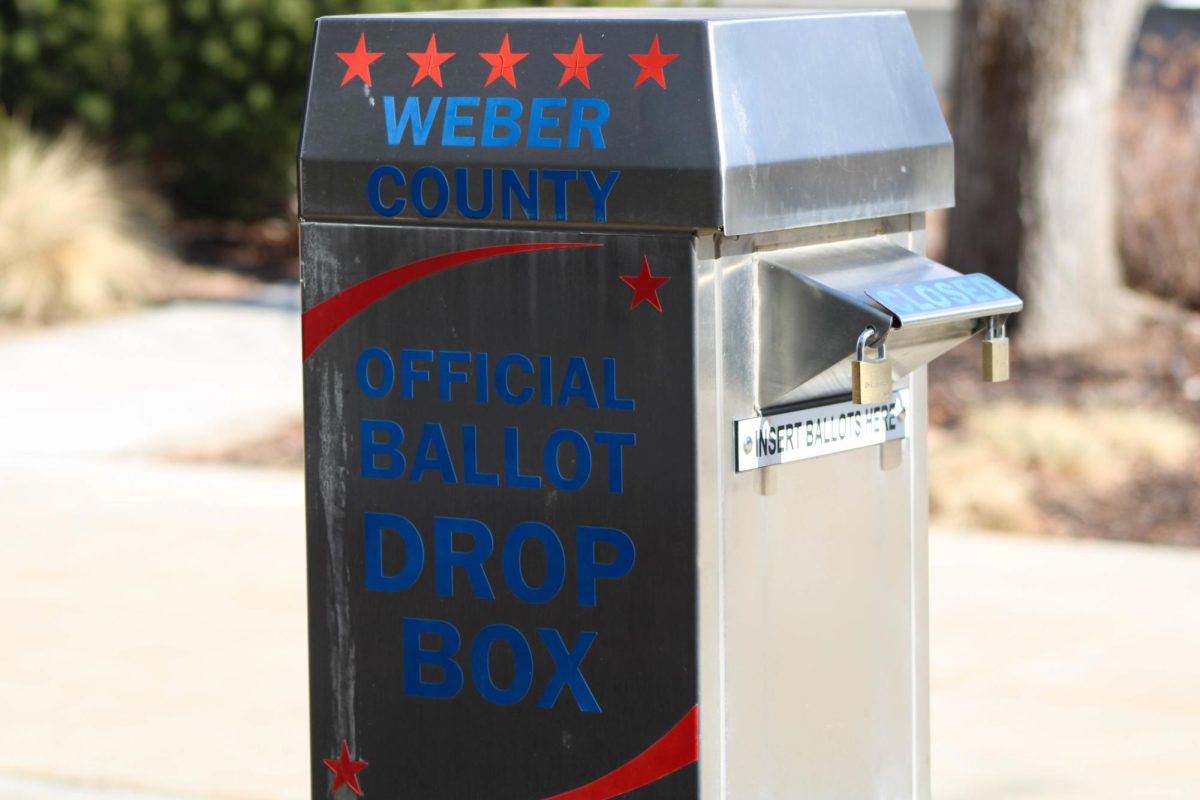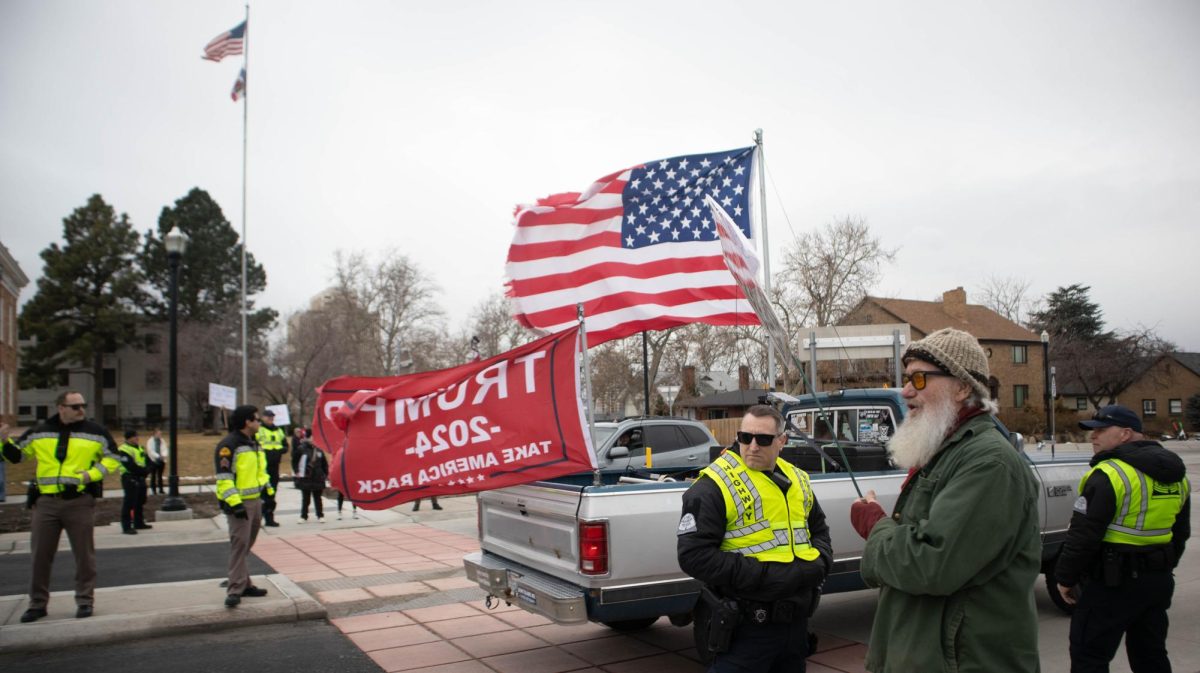The election year will officially come to an end Nov. 8 as Americans flood to the polls to cast their votes, but there is one last way to get in on the election craze before the ballots are counted.
Professors from Dartmouth College teamed up with programmers to create the HillaryDonald GO app for Apple and Android, which was released about a month ago.
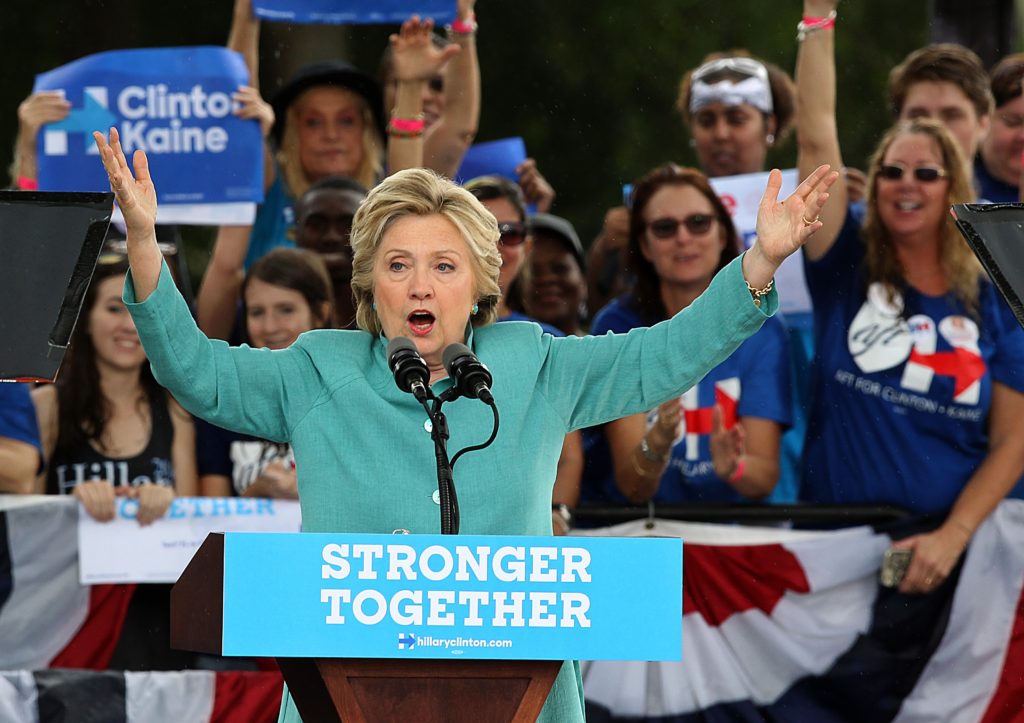
Joseph Bafumi, an associate professor and specialist in American politics, worked on the app alongside Mikhail Gronas, a specialist in digital humanities and Slavic studies, developers and undergrad students.
Gronas came up with the idea and asked Bafumi to collaborate. Gronas and Bafumi originally had a more serious political website and app that allowed people to react to current events throughout the election.
However, Gronas said that they wanted to make a more “gamified and relaxed” version, which is where HillaryDonald GO came into play.
“We hoped to get more people politically engaged with a fun app in what is otherwise an ugly year politically,” Bafumi said.
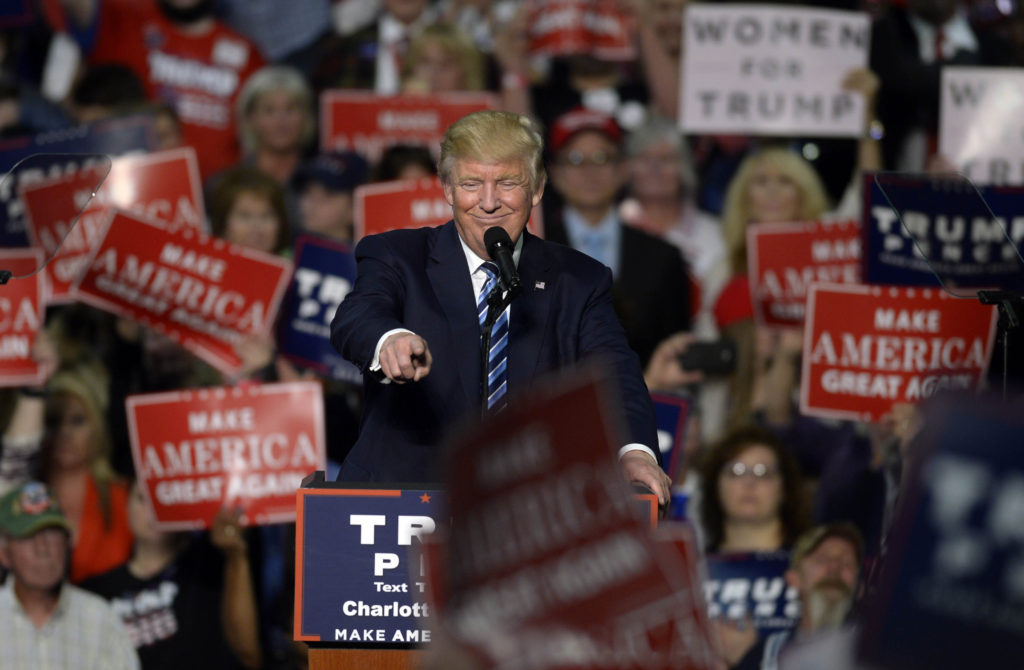
According to Bafumi, the app has been downloaded over 5,000 times.
Gronas said that the reception to the app has been mixed.
“Advanced gamers find the gameplay to be too simplistic,” Gronas said. “On the other hand, people who are interested mostly in politics find the game element too complicated.”
Those who fall somewhere in between enjoyed the app, Gronas said.
The app is modeled after the popular augmented reality game Pokémon Go, which was released during summer. HillaryDonald Go, however, switches it from Pokémon to presidential candidates.
During gameplay, users will visit virtual booths in their area and send good vibes to the candidate of their choice, either Hillary Clinton or Donald Trump, in an attempt to keep the candidate they dislike from taking over the area.
The virtual Clinton and Trump will react with sound-bite phrases from the candidates themselves, either sad or happy depending on the user’s choice.
Gronas said that they only used Clinton and Trump in the app and not the third party candidates, in order to keep the game simple.
According to a press release from Dartmouth College, the app can be played in almost 1 million booths across the U.S., The boots are located in areas open to the public, such as parks or libraries.
Gronas said that they used the geographic information company NextGIS to help them place the 1 million booths across the U.S.
A current map of the area surrounding Weber State University can be found online. Users can see the total number of votes for Clinton and Trump at the individual booths by clicking on them.
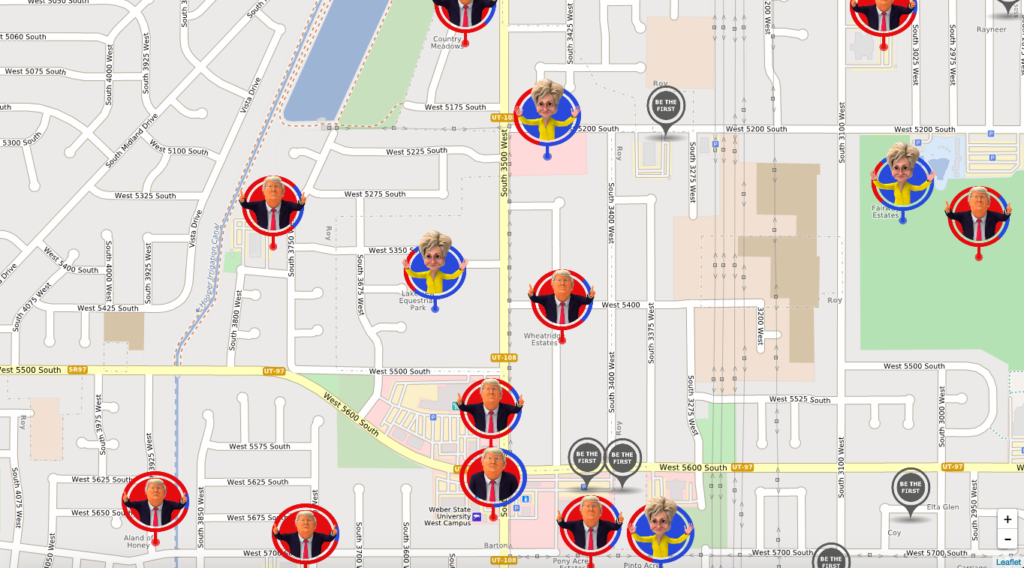
“If many people download the app, we are hoping to have interesting social science data about candidate support and voter enthusiasm in smaller geographic areas than traditional polls can measure,” Bafumi said.
Gronas said they will be using the data after the election as well to compare to the election results.
Gronas said that he and Bafumi have plans to develop the app further into a universal political app for politics both in the U.S. and around the world.
To download the app, visit the iTunes store for Apple or the Google Play store for Android. More information about the app can also be found online.









